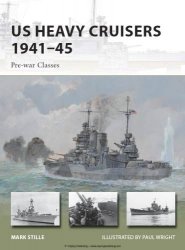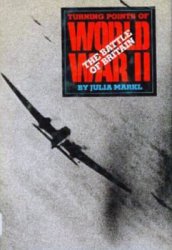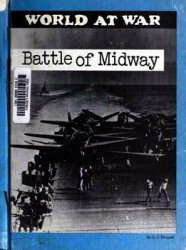Long before the war in Europe ended, however, the Allies had clashed over important policy matters. Since later world tensions developed from decisions made at this time, an understanding of the disagreements is essential for evaluating several subsequent decades.
Much depends on one’s view of the postwar Soviet system. If the Soviet government under Stalin was bent on world domination, events fall readily into one pattern of interpretation. If, having at enormous cost endured an unprovoked assault by the Nazis, it was seeking only to protect itself against the possibility of another invasion, these events are best explained differently. Because the United States has opened nearly all its diplomatic records, we know a great deal about how American foreign policy was formulated and about the mixed motives and mistaken judgments of American leaders. This helps explain why many scholars have been critical of American policy and the “cold warriors” who made and directed it. The Soviet Union, for many years, did not let even its own historians into its archives.
It is clear, however, that the Soviets resented the British-American delay in opening up a second front. They were fighting for survival against the full power of the German armies; any American invasion of northern France, even an unsuccessful one, would have relieved some of the pressure. Roosevelt and Churchill would not move until they were ready, and Stalin had

Churchill, Roosevelt, and Stalin meet at the Yalta, U. S.S. R., conference in February 1945. By April 1945, Roosevelt was dead.
To accept their decision. At the same time,
Stalin never concealed his determination to protect his country from future attack by extending its frontier after the war. He warned the Allies repeatedly that he would not tolerate any unfriendly government along the western boundary of the Soviet Union.
Most Allied leaders, including Roosevelt, admitted privately during the war that the Soviet Union would annex territory and possess preponderant power in Eastern Europe after the defeat of Germany, but they never said this publicly. They believed that the Soviets would allow free governments to be created in countries like Poland and Bulgaria. “The Poles,” Winston Churchill said early in 1945,
“will have their future in their own hands, with the single limitation that they must honestly follow. . . a policy friendly to Russia. This is surely reasonable.”
However reasonable, Churchill’s statement was impractical. The Polish question was a terribly difficult one. The war, after all, had been triggered by the German attack on Poland; the British in particular felt a moral obligation to restore that nation to its prewar independence. During the war a Polish government in exile was set up in London, and its leaders were determined—especially after the discovery in 1943 of the murder of some 5,000 Polish officers several years earlier at Katyn, in Russia, presumably by the Soviet secret police—to make no concessions to Soviet territorial demands. Public opinion in Poland (and indeed in all the states along Russia’s western frontier) was not so much anti-Soviet as anti-Russian. Yet the Soviet Union’s legitimate interests (to say nothing of its power in the area) could not be ignored.




 World History
World History









